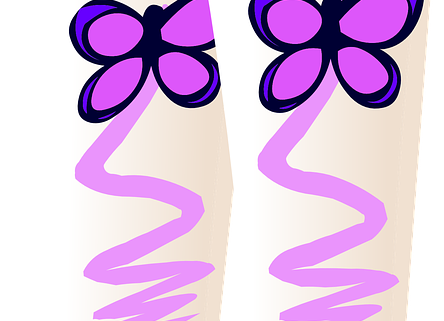Cosmetics & Skin Care Products
The sale of skin care products and cosmetics is on the rise thanks to the holiday gift season that’s now upon us, and the need for Canadians to hydrate their skin to combat the dry and cold weather during Canadian winters.
Two categories of consumer products, cosmetics and over-the-counter (OTC) drug products, may be used for skin care needs. The distinction between these two categories is important as they are governed by different sets of regulations which impose certain restrictions on their product formulations, product labels and advertising. Therefore, manufacturers or distributors of these products for Canada should be clear on which category of products they are providing to Canadians in order to ensure compliance with Health Canada’s Food & Drugs Act and regulations.
According to Health Canada, a cosmetic is defined as “any substance or mixture of substances manufactured, sold or represented for use in cleansing, improving or altering the complexion, skin, hair or teeth”. This definition does not include therapeutic uses such as treating irritated skin, relieving eczema, or protecting the skin from sun damage. These claims are reserved for drug products and natural health products in Canada.
While a product may be regulated as a cosmetic in countries outside of Canada, it may be that Health Canada does not consider that same product to be a cosmetic when sold in Canada.
Suppliers of skin care cosmetics and drugs should take note that “cosmeceuticals” are not an official product category according to Health Canada. Products must be classified as either a cosmetic or a drug product (including natural health products). Health Canada’s Food & Drugs Act does not allow a product to be both a cosmetic and a drug product at the same time.





